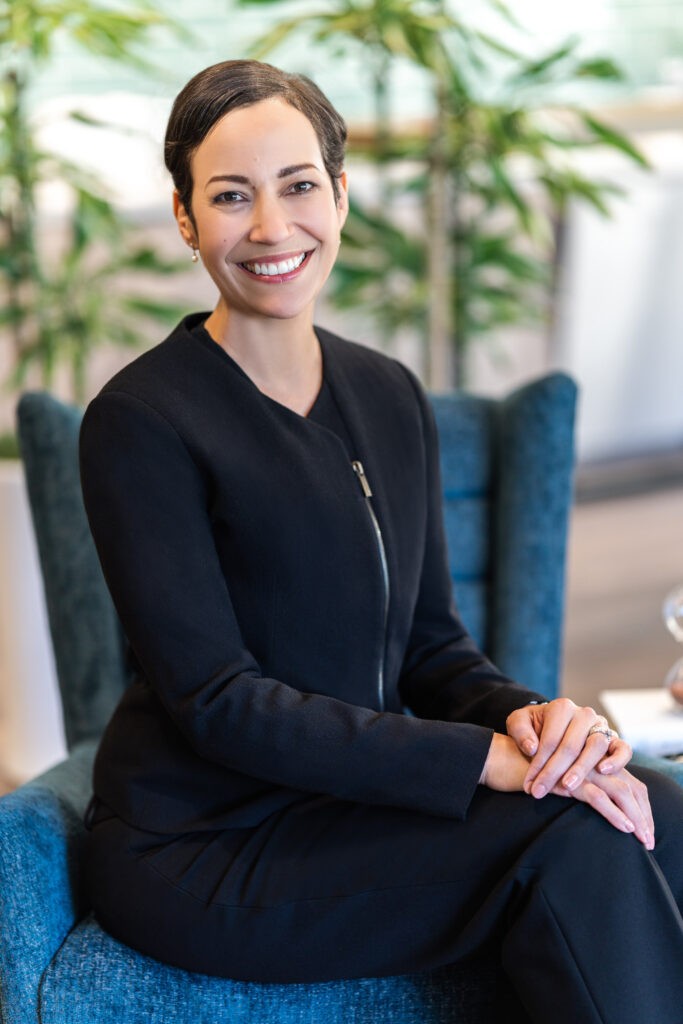

Dr. Long is a dedicated physician. She enjoys getting to know her patients, and believes the doctor-patient relationship is sacred. Her education and training at Yale equipped her with an appreciation for complex medical conditions that require an eye for detail, as well as consideration of her patient’s preferences.
–
What would your clients and colleagues say is your Doctor superpower?
My superpower is being able to listen deeply with great care, not just to what is being said but also hearing the unsaid. I am an active listener and engage with those I work with—respecting what is sacred to them, considering it sacred to myself as well. I pride myself on creating a safe environment so everyone feels comfortable enough to share things they may never have shared with anybody else.
What was your path to becoming a physician and what inspired you to choose this profession?
The initial driving force behind what I do is my love for science and learning. Over time I’ve learned that I’m a healer in my heart. I can feel people’s pain and have a deep desire to help them.
When my mother was diagnosed with breast cancer, I switched my major from veterinary science to human medicine. At one point during my career, my father became sick with dementia. My experience in trying to get him the right help led me to shift my focus to a high-touch concierge medicine practice in order to deeply engage in advancing my patient’s health care goals.
Today, my priority is ensuring that my patients receive the private, attentive, and exceptional care they need when they need it.
What was one of the most challenging experiences during your training to become a physician? How did you overcome the challenge and what did you learn from it?
One of the biggest challenges was sleep deprivation and lack of work-life balance. I was absolutely overworking due to the expectations of the program I was in. It didn’t so much feel like a choice but more an expectation of everyone who opted into this training.
Due to that experience, I came away with a deeper understanding of how important sleep and work-life balance truly is. Feeling my own body breaking down after a 36-hour work shift and no rest taught me how critical it is to care for ourselves and ensure we’re holding space for rest, sleep, and personal care.
One of the things that helped me get through it was the sense of accomplishment and honoring the journey. I also learned the value of being surrounded by kindness and encouragement from others.


What does a typical session with you look like?
I always take a holistic approach when working with my patients. My priority is getting to know everyone I work with on a deep level. This is why I always start with a one to two-hour-long evaluation so I can gather a full history, in a careful and detailed way, looking for reversible causes of mental illness.
Throughout our time together I may order labs, offer acupuncture, and evaluate sleep disorders. We’ll discuss their preferences for treatment or medication while I follow closely on a weekly basis until they’re starting to seeing positive changes. I typically work with each patient for about three months before they go back to their primary care doctor for follow-up and any additional needs.
If you hadn’t become a physician what profession would you have chosen and why?
I probably would have become a teacher or a professor; some sort of occupation where I could impact people in a positive way by being a role model and equipping them with information that will change the course of their life for the better. I love imparting knowledge and in some ways, as a physician, I also am a teacher.
How do you approach the stigma surrounding mental health and therapy?
I aim to be as welcoming, professional, caring—and grateful for my patient’s courage—as possible. I believe sitting alongside them through their journey, as I would with a friend, helps to ease any uncertainty or anxiousness they may feel about seeking mental health support.
—
Dr. Marta Long offers a full medical evaluation for reversible or treatable causes of mental illness. She also provides medical acupuncture and medication management.
Short Term (Solution-focused, etc.)
Ideal for those who are coming in with a specific problem they’d like to address and gain clarity on. Typically, short term therapies are present focused and do not dive deep into your past.
Structured
Structured therapies are goal and progress oriented. Therapists may incorporate psychoeducation and a specific “curriculum.” In order to stay on track, therapists may provide worksheets and homework.
Insight-oriented (Psychodynamic, Existential, etc.)
Exploring the past and making connections to present issues can help clients gain insight. Getting to the root of the issue and finding deeper self-awareness can help with long-term change.
Non-directive (Humanistic, Person-centered, etc.)
Going with the flow and seeing where it leads.
Behavioral (CBT, DBT, etc.)
Focuses on changing potentially unhealthy or self-destructive behaviors by addressing problematic thought patterns and specific providing coping skills.
Trauma Focused (EMDR, TF-CBT, etc.)
Recognizing the connection between trauma experiences and your emotional and behavioral responses, trauma focused therapy seeks to help you heal from traumas.